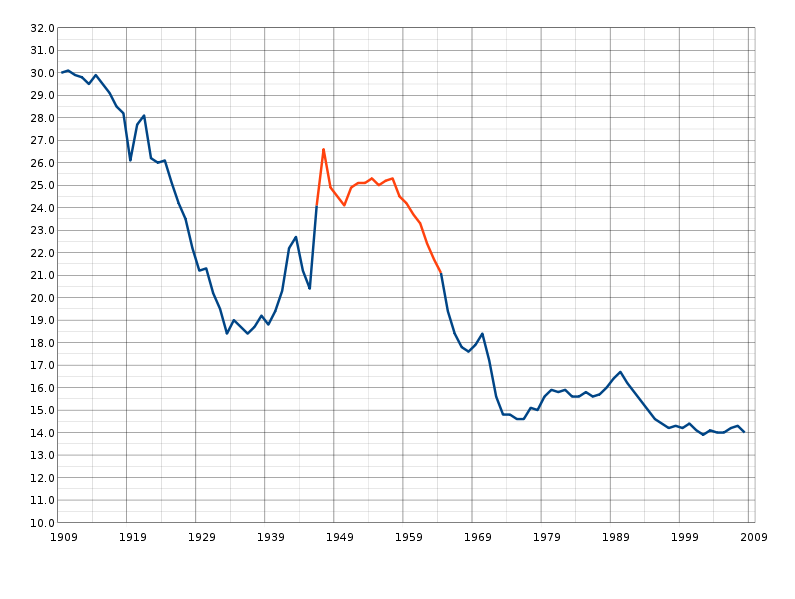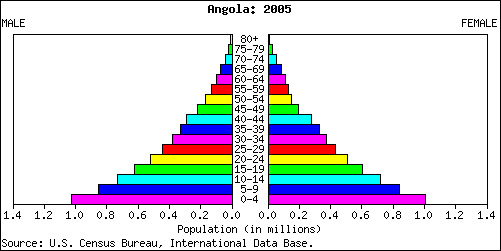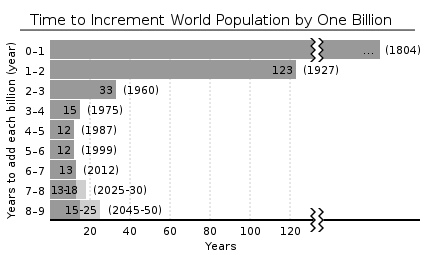Questionnaire is useful for surveying groups of any size. It is typically designed to determine opinions, attitudes or present practices. The limitation is the rely on self reported information as compared to observed behavior, thus challenges to validity become a concern.
Questionnaire Planning
1. Determine the Objective
What do you want to ask and of whom?
Consider how the data will be analysed. What information is needed?
2. Determine the Mode of Administration
Paper and pencil
Cost effective, but low response rate
Web / E-mail based
Cost effective, higher response rate, some suspicion of the medium
Combination
Can be administratively cumbersome
3. Determine the Sampling Methodology
To whom will you send the questionnaire? Who can supply the information? Will everyone be surveyed? All current students? All alumni?
If yes, this is a census of the finite population
The selection of a representative sample of the population may be more effective based on time and cost of administration. The decision depends on the size of the finite population.
Constructing the Questionnaire
Consider what objective each question measures. Three to five questions per objective is recommended. How many questions?
Find a balance: long enough to obtain the necessary information but short enough so respondents won’t lose interest. Questionnaires that are too long won’t be completed.. The goal should be 15-20 minutes at max.
Question Formats: Open Ended Questions
Allow respondents to express feelings and expand on ideas. Question should be phrased to avoid a one word response.
“What aspects of the curriculum in MBBS course best prepared you for your current position?”
Open ended questions at the beginning of the questionnaire may be discouraging to respondent, one may include one or two at the end. Moreover, analysis of responses can be challenging
Question Formats: Closed Questions
a. Ranking
Ranking forces the respondent to rank order responses based on a value judgment.
Rank the following items with regard to how you spend time at your Residence from 1 (spend the most time) to 5 (spend the least time):
_____ Studying
_____ Socializing
_____ Volunteering
_____ Working at a part time job
_____ Exercising
b. Checklist
A number of possible answers are provided and the respondent is asked to choose one or choose all that apply.
How do you finance your Medical College education? Choose all that apply:
_____ Parental contribution
_____ Student Loan
_____ Work Study
_____ Off campus employment
_____ Other (please specify): _____________
c. Scaled items
Very common method to indicate strength of agreement or disagreement with a statement. Numbers are assigned to each response on the continuum.
The English curriculum at Public School adequately prepared me for my current position.
1 2 3 4 5
Important Considerations
APPEARANCE AND DESIGN
Have clear directions that are age appropriate & easy to follow. Format, size, reproduction should facilitate completion. It should beNo less than 12 pt, preferably in Times, Arial or Courier.
PILOT STUDY
Give the questionnaire to a few people to try it out. Have them evaluate readability and clarity of questions. Estimate time required to complete the questionnaire. Take the suggestions for revisions.
Tips in designing a questionnaire
It should be ensured that the format of the questionnaire be attractive and easy for the respondents to fill, overcrowding or clutter should be avoided and all questions and pages clearly numbered
The questionnaire should not be too long
To maintain flow of the instrument, questions concerning major areas should be grouped together
Simple questions about age, birth date etc should be put at the beginning to warm up the respondent
Questions should be close ended, possible answers to close ended questions should be lined vertically, preceded by boxes, brackets or numbers
Example
How many different medicines do you take daily (check one)
If more details are required pertaining to a question , then the filter/skip technique should be used to save time and allow respondents to avoid irrelevant questions.
Example:
Have you ever been told that you have hypertension?
Yes
No
If yes proceed to next question
How long back were you told that you have hypertension?
Wordings of questions should be simple and free from ambiguity, non judgmental and be soliciting only one response.
For behaviors that may change overtime specific time span should be asked for in the question
Example:
During the past 12 months how many doctor visits did you make.
Always choose a appropriate means of measurement e.g. score /scales.
Sensitive topic questions should be left for the end
If similar research instruments are available it may be a good idea to review and if required borrow questions.
Always try to ensure that if questions are to be asked in any language besides English they shall be so written too
Read more about research methodology…
- Introduction to Research Methodology
- The Basics of Research Methodology
- A Concept of Research Process
- Choosing Research Topics
- Review of Literature for Research Purpose
- Formulating a Research Question
- Formulation of Objectives in Research
- Variables in Research
- Sample Selection and Sampling Techniques
- Data Collection in Research
- Introduction to Study Designs
 howMed Know Yourself
howMed Know Yourself





thnxx for the best guidence..